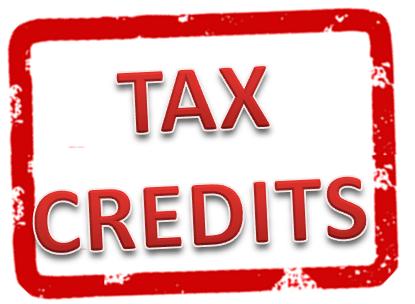Checking The Pulse Of The Kansas City Real Estate Market
The majority of homeowners who made a down payment of less than 20% when buying a home are paying Private Mortgage Insurance (PMI). This is a necessary and expensive costs associated with many monthly mortgage payments. When paying PMI, Kansas City homeowners have at least been able to get relief by writing the PMI off when completing their annual income taxes (i.e. paying the PMI with BEFORE tax dollars). But this break is scheduled to come to an end this year unless homeowners itemize their tax deductions. This would cost these homeowners several hundred dollars a year by having to pay the PMI with AFTER tax dollar, so homeowners will want to weigh the costs of starting to itemize deductions versus the cost of losing this tax break.

An additional tax provision related to Kansas City real estate that is scheduled to come to an end is the Energy Efficient Upgrade tax break. This has allowed homeowners since 2006 to deduct 10% of the costs of making their home more energy efficient, up to a total lifetime tax break of $500. A separate $500 energy tax credit is also scheduled to come to an end for homeowners who install energy efficient appliances. So if you’ve been considering installing new windows, a new air conditioner or a new range, now could be a good time.
The Mortgage Debt Forgiveness Act is another tax break scheduled to come to an end in 2013. This tax break has given underwater homeowners relief when completing a short sale, foreclosure or deed-in-lieu of foreclosure. When a lender “forgives” a homeowner from paying back all of what’s owed on a home, the “forgiven” debt amount may be viewed as taxable income. If so, and if this tax break ends, underwater homeowners could be faced with additional hurdles to overcome.
Time will tell if any or all of these tax breaks get extended. If they don’t get extended soon, it’s possible they could get retro extended at some point in 2014. This article is not tax advise and be sure you contact a CPA or tax adviser to discuss how past, current and future tax situations and changes relate to your personal real estate and tax situation.
Posted by Jason Brown
